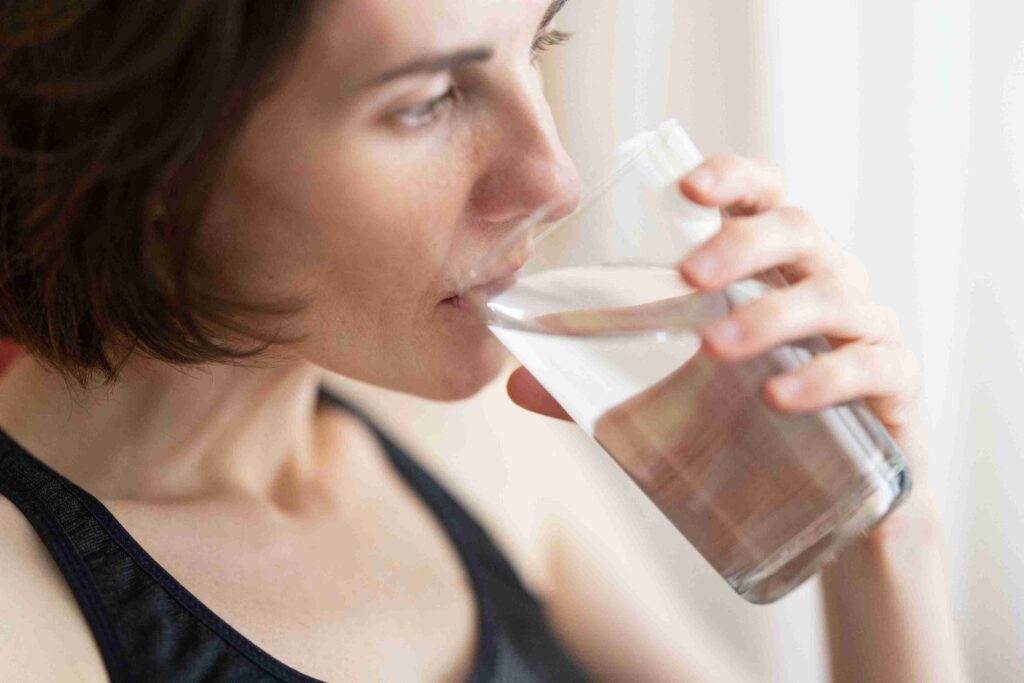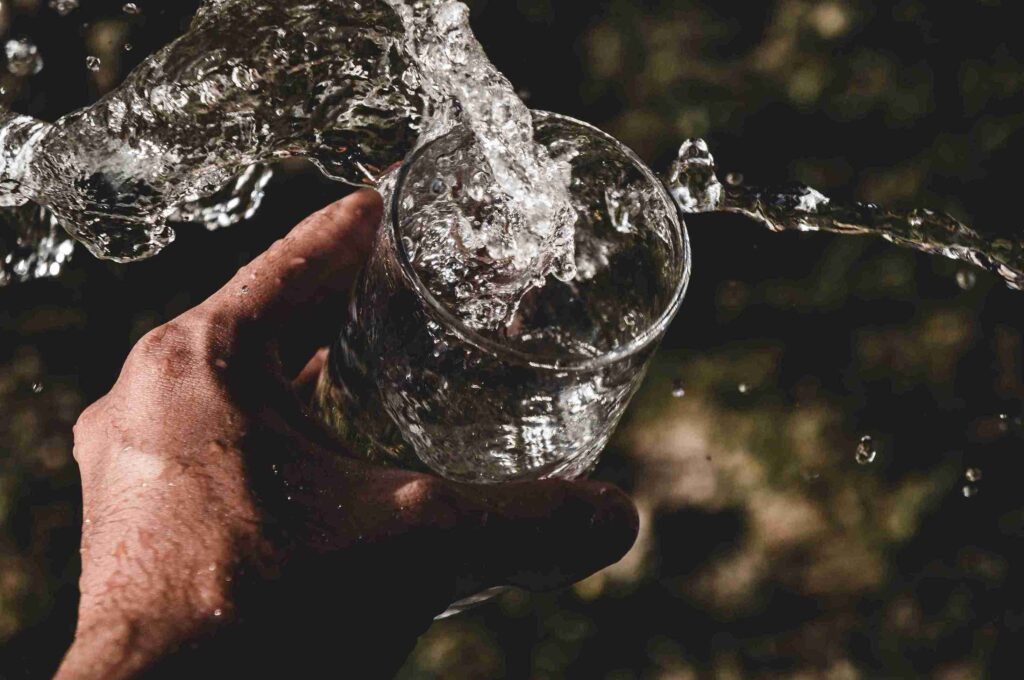Staying hydrated is essential for maintaining good health and overall well-being. Our bodies rely on water for various vital functions, and even mild dehydration can have a significant impact on our physical and mental health. In this article, we will explore the numerous benefits of staying hydrated and provide practical tips on how to ensure you maintain proper hydration levels.

Benefits of Staying Hydrated
- Regulates Body Temperature: Water is a crucial component of the body’s temperature regulation system. When you’re properly hydrated, your body can efficiently cool itself through sweat, preventing overheating.
- Transports Nutrients and Oxygen to Cells: Blood, which is mostly water, acts as a transportation system for nutrients, oxygen, and other essential substances. Proper hydration ensures these components reach your cells effectively.
- Removes Waste Products from the Body: Adequate hydration supports the efficient removal of waste products and toxins through urine. This helps maintain healthy kidney function and prevents the buildup of harmful substances in the body.
- Lubricates Joints: Hydration is essential for joint health. It helps maintain the lubricating fluid that cushions and protects your joints. Staying hydrated can reduce the risk of joint pain and stiffness.
- Improves Cognitive Function: Dehydration can negatively impact cognitive function, including memory, concentration, and mood. Proper hydration is crucial for maintaining mental clarity and focus.
READ: The 10 Healthiest American Traditional Foods

How to Stay Hydrated
- Drink Plenty of Water Throughout the Day: The most direct way to stay hydrated is by drinking water regularly. Aim to consume at least 8-10 cups (about 2-2.5 liters) of water daily, though individual needs may vary.
- Eat Fruits and Vegetables, Which Are High in Water Content: Incorporating fruits and vegetables with high water content into your diet can contribute to your overall hydration. Examples include watermelon, cucumber, oranges, and strawberries.
- Avoid Sugary Drinks and Caffeine, Which Can Dehydrate You: Sugary beverages and caffeinated drinks like soda and coffee can have a diuretic effect, causing increased urination and potentially leading to dehydration. Consume them in moderation and balance with water intake.
- Monitor Hydration During Physical Activity: When engaging in physical activity, you lose water through sweat. Be sure to drink water before, during, and after exercise to maintain hydration levels. Sports drinks may be beneficial during prolonged, intense activities to replenish lost electrolytes.
- Listen to Your Body: Pay attention to your body’s signals. Thirst is a natural indicator of dehydration. If you feel thirsty, it’s time to drink water.
READ: The Most Common Gymnastics Injuries and How to Prevent Them

Staying hydrated is a fundamental aspect of maintaining good health. Water is involved in numerous bodily functions, from temperature regulation to nutrient transport and waste removal. Dehydration can lead to a range of health issues, so it’s crucial to prioritize hydration in your daily life.
By drinking plenty of water, incorporating hydrating foods, and being mindful of your beverage choices, you can enjoy the many benefits of proper hydration and promote overall well-being. Remember that staying hydrated is an ongoing process, and listening to your body’s signals is key to ensuring you maintain adequate fluid balance.


